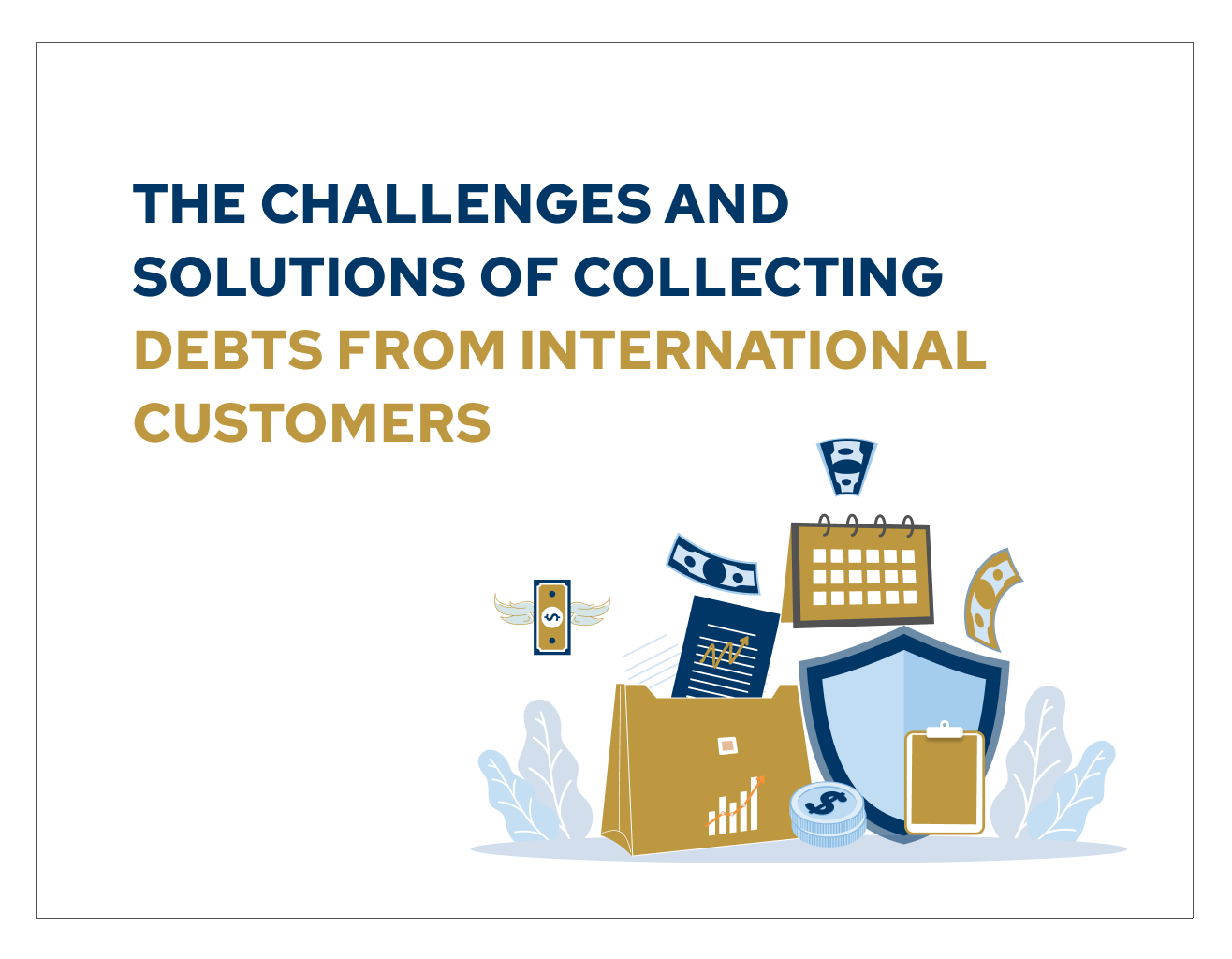Collecting debts from international customers can be a difficult task for businesses of all sizes. The process can be complex, time-consuming, and it can be difficult to navigate the different legal and cultural barriers that exist in different countries. However, with the right strategies and tools, businesses can successfully collect debts from international customers and protect their bottom line.
Legal and Regulatory Challenges
One of the biggest challenges of collecting debts from international customers is understanding the different laws and regulations that apply in different countries. Each country has its own set of laws and procedures for collecting debts, and these can vary greatly from one country to another. It is essential for businesses to do their due diligence and research the laws and regulations that apply in the countries where they are trying to collect debts. This will help them to identify any potential obstacles and develop a collection strategy that is tailored to the specific legal requirements of each country.
Language and Cultural Barriers
Another major challenge of collecting debts from international customers is overcoming language and cultural barriers. Different countries have different languages, customs, and ways of doing business, which can make it difficult for businesses to communicate effectively with their international customers. Businesses should make sure they have the resources and tools they need to communicate with their customers in the languages they speak and understand. They should also be aware of the cultural norms and practices of the countries they are dealing with, and adapt their collection strategies accordingly.
Solutions
Despite the challenges, there are several solutions that businesses can use to successfully collect debts from international customers. One of the most important is to establish clear terms and conditions for payment with international customers, right from the start. This will help to ensure that customers understand their obligations and will make it easier to enforce payment if necessary.
Another solution is to work with a reputable international debt collection agency. These agencies have the expertise, resources, and local knowledge needed to help businesses collect debts from international customers. They can also help businesses to navigate the legal and cultural barriers that exist in different countries.
Another solution is to conduct due diligence before extending credit to international customers. This will help to identify any potential risks and ensure that businesses are dealing with customers who are financially stable and able to pay their debts.
Finally, businesses can consider alternative payment methods, such as offering customers the option to pay in their local currency or through a local payment gateway. This can make it easier for customers to pay their debts.
Another solution is to work with a reputable international debt collection agency. These agencies have the expertise, resources, and local knowledge needed to help businesses collect debts from international customers. They can also help businesses to navigate the legal and cultural barriers that exist in different countries.
Another solution is to conduct due diligence before extending credit to international customers. This will help to identify any potential risks and ensure that businesses are dealing with customers who are financially stable and able to pay their debts.
Finally, businesses can consider alternative payment methods, such as offering customers the option to pay in their local currency or through a local payment gateway. This can make it easier for customers to pay their debts.

